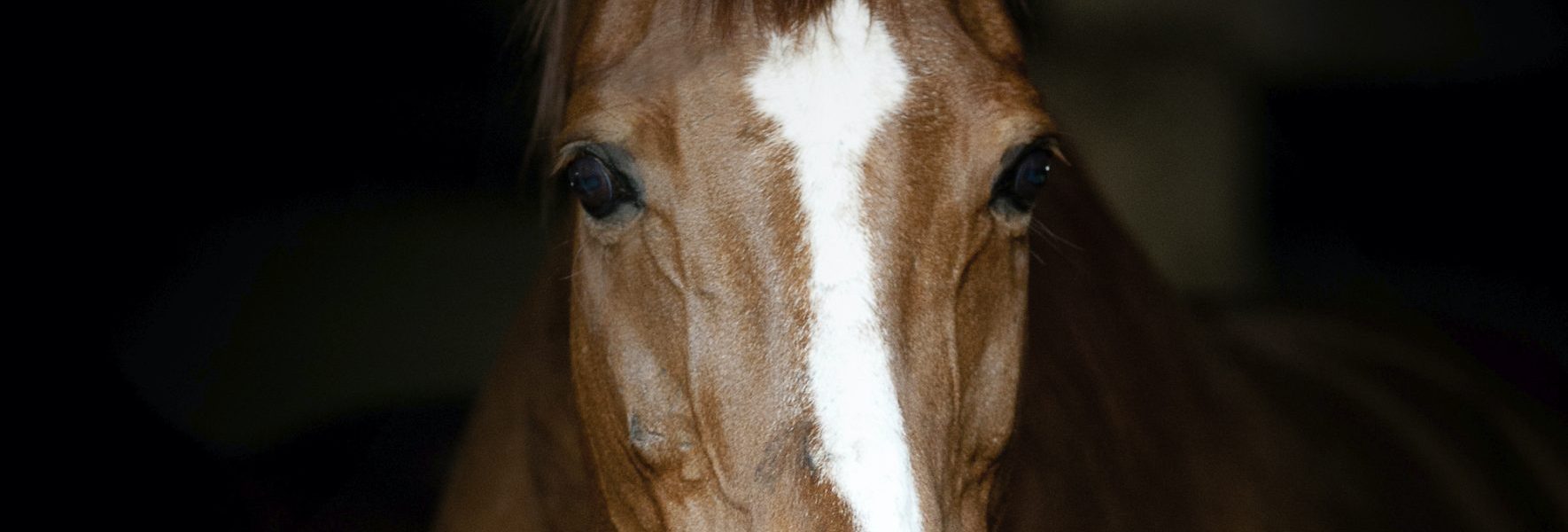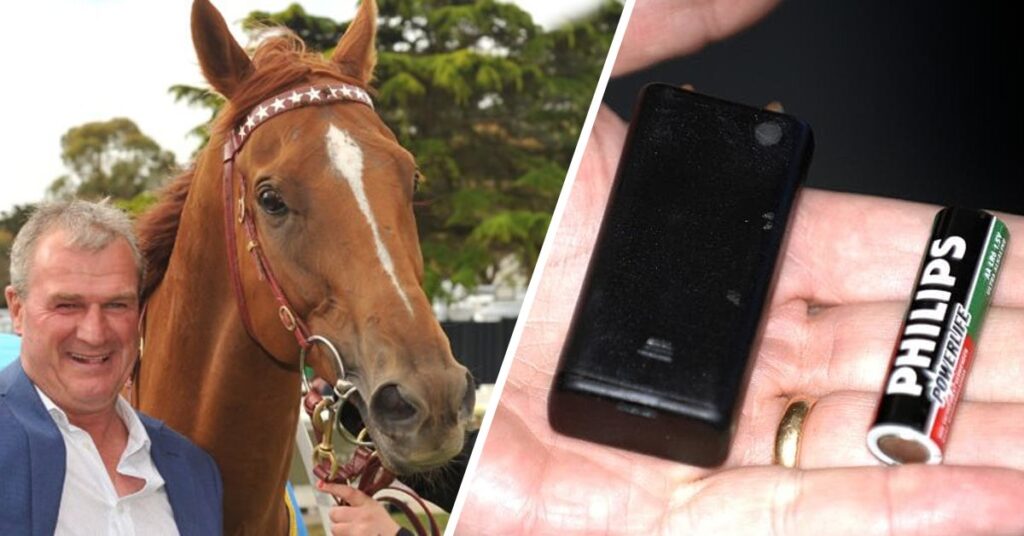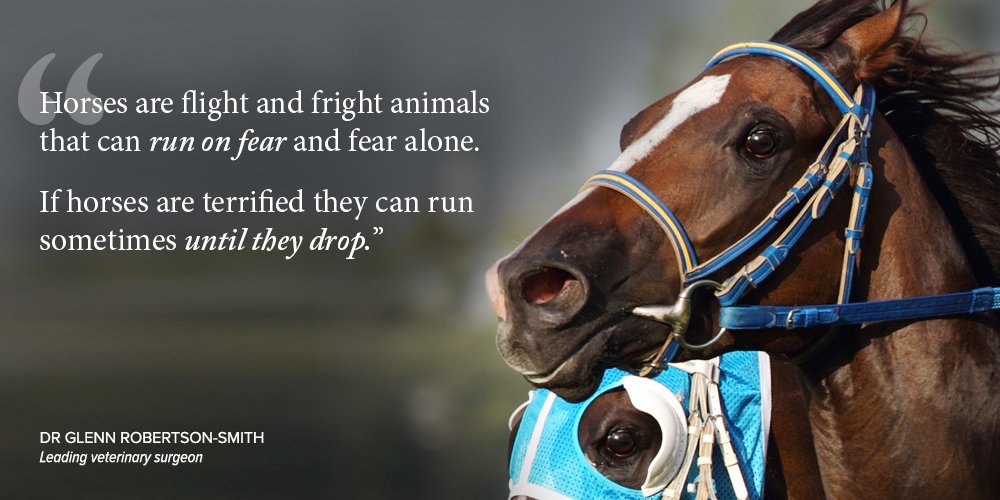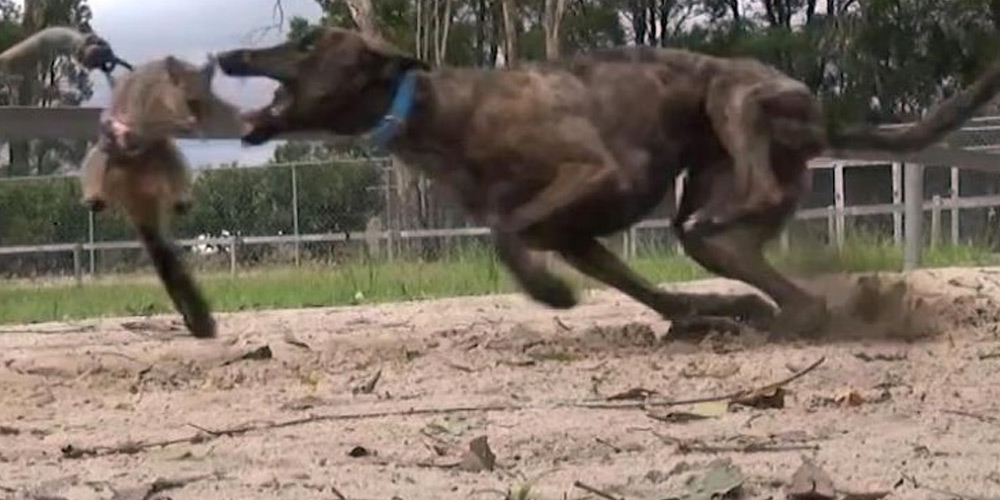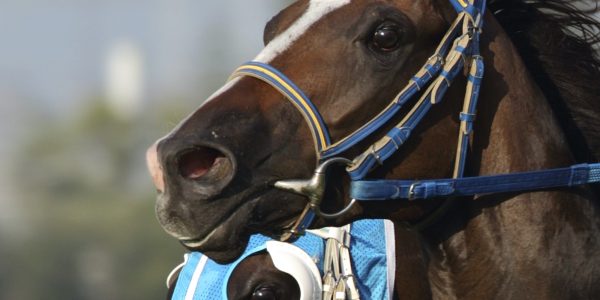Every day on racetracks around Australia, exhausted horses are beaten with whips in a bid to make them run faster, or rather, to punish them for slowing down when fatigue kicks in.
Horse behaviour expert, Dr Paul McGreevy, calls whipping “the most visible form of violence to animals” in our society.
But it turns out whips are not the only cruel device being used to torment horses in the pursuit of a competitive advantage.
Melbourne-Cup-winning trainer, Darren Weir, was banned from the ‘sport’ in 2019 for four years after choosing not to contest charges of animal cruelty and corruption. The cruelty charge related to the alleged use of ‘jiggers’ – a hand-held device that delivers an electric shock to a horse to motivate a better performance on the track.

